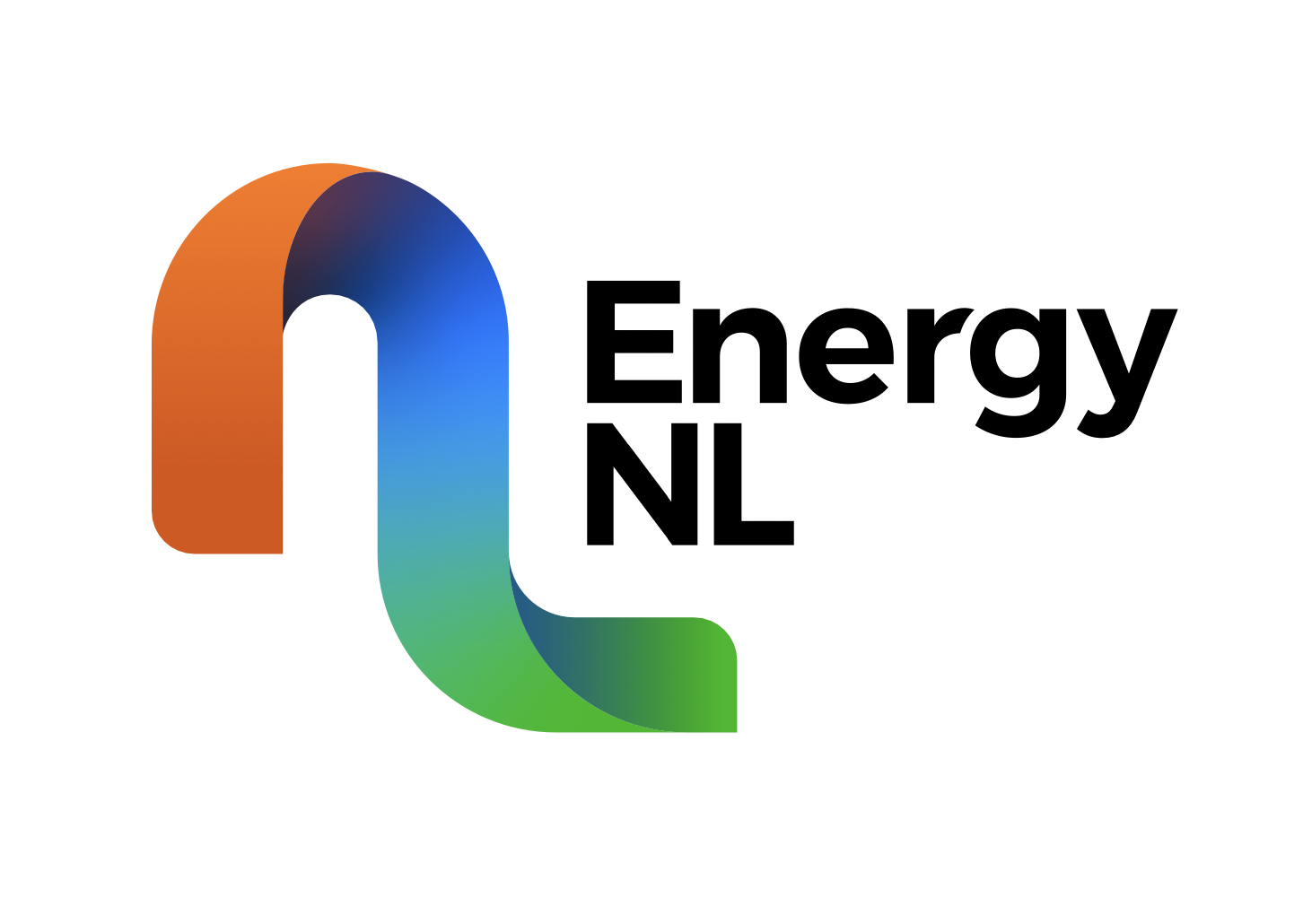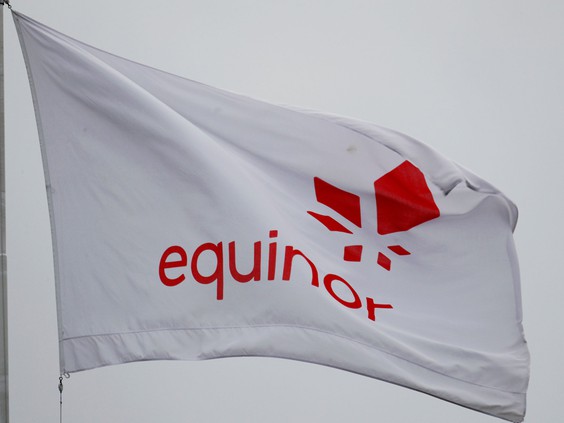Equinor is moving staff to St. John’s, saying it’s no longer interested in Western Canada’s oil and gas opportunities
CALGARY – Norway’s Equinor ASA is decamping from Calgary and moving staff across the country to St. John’s as the company is no longer interested in Western Canada’s oil and gas opportunities and will focus on offshore projects in Atlantic Canada.
“The decision to consolidate offices was made to improve organizational efficiencies in our Canadian business and align with our updated Canada business strategy,” Equinor Canada Ltd. spokesperson Alex Collins said in an emailed statement, adding the company is also laying off about 30 per cent of its 120-person Canadian workforce.
The Oslo-based oil producer, formerly known as Statoil, is closing its office in Calgary this month and relocating staff to St. John’s as the company refocuses future spending on its offshore oil business on the East Coast. Equinor will keep a small oil marketing and trading team in Calgary.
“Equinor previously divested our Western Canadian assets (in 2017), and will no longer evaluate business opportunities in the onshore energy industry in Canada,” Collins said, referring to its sale of its oilsands asset to Athabasca Oil Corp., which closed in 2017 and was valued at $832 million at the time.
The company owns a minority stake in the Terra Nova, Hebron and Hibernia offshore projects in Newfoundland and Labrador in addition to operating in seven other non-producing offshore licenses in the Atlantic province. In October, the company announced it had made hydrocarbon discoveries at two wells drilled on its Cappahayden and Cambriol prospects in the Flemish Pass Basin in the Atlantic , but it did not release estimates of how much oil it could produce from the formations.
Collins said the company announced “an ongoing efficiency project” in its international businesses in Aug. 2020 and its decision to leave Calgary is part of this cost-cutting initiative.
Equinor is among a handful of European oil producers including Royal Dutch Shell Plc, Total SA and BP Plc to sell its oilsands holdings and refocus its efforts elsewhere.
However, it is one of the few international companies to divest from the oilsands to continue looking at additional oil projects in Canada.
“This is definitely an interesting case,” said Joseph Marchand, associate professor of economics at the University of Alberta, who noted that in years past Alberta has drawn workers from Newfoundland and Labrador rather than sending workers the other way.
Now, St. John’s has a lower unemployment rate, at 8.7 per cent in Dec. 2020 according to Statistics Canada, than Calgary where the unemployment rate sits at 10.9 per cent.
At the provincial level, Newfoundland and Labrador continues to suffer a higher unemployment rate, at 12.5 per cent, than Alberta, where unemployment sits at 10.9 per cent.
Marchand said that Alberta continues to benefit from an influx of international immigration, but inter-provincial in-migration to the Prairie province has slowed dramatically.
Marchand said Equinor consolidating offices in St. John’s is “a smart move” given that location costs are cheaper and the broader energy industry is trying to cut costs following last year’s oil price collapse and a broader wave of consolidation.
Equinor’s decision is part of a broader trend in the energy industry.
Last May, Houston-based Murphy Oil Corp. announced it was closing its Calgary office and relocating staff in Alberta and in Arkansas to Texas. At the time, the company employed 110 people in Calgary.
Suncor Energy Inc. announced in 2020 that it would consolidate its 700-person teams in Mississauga and Oakville, Ont. and relocate them to Calgary in 2021. However, the company is also embarking on a broader cost-cutting effort that is expected to eliminate up to 2,000 jobs across the country.
Issued by Financial Post on January 12, 2021.






